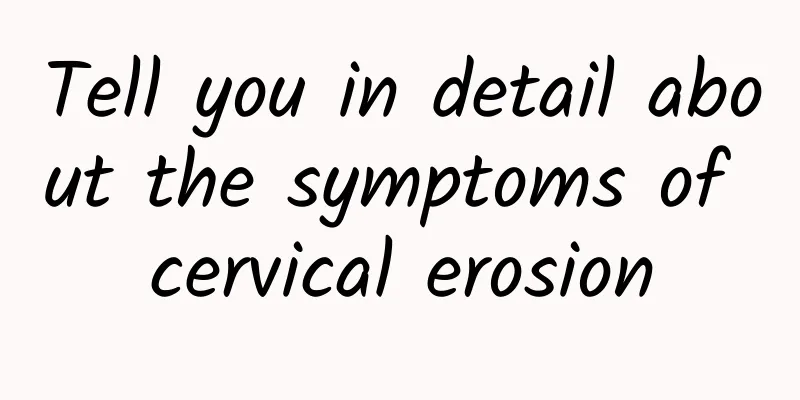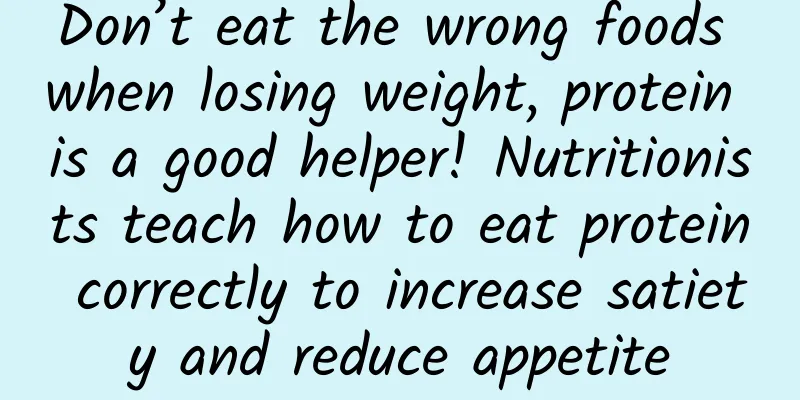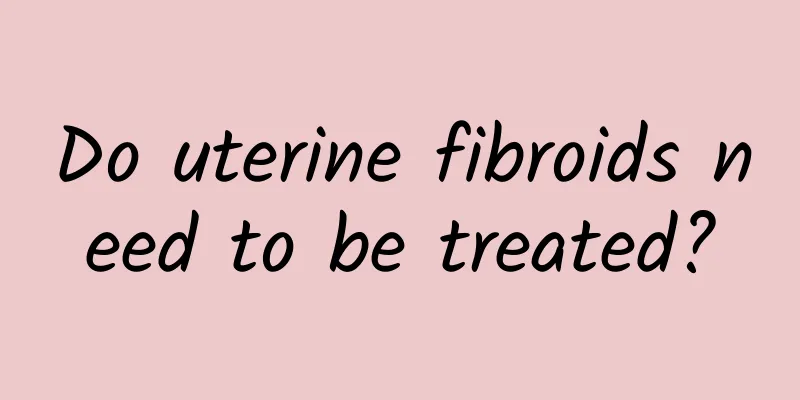Dietary taboos for patients with bacterial vaginosis

|
If the vagina is not cleaned regularly, it is easy for bacteria to grow, and bacteria are particularly likely to cause bacterial vaginosis in the vagina. Bacterial vaginosis is a very common gynecological inflammation, but this inflammation is often difficult to treat, and the patient's partner must also be treated together, otherwise it is easy to recur. In addition, patients with bacterial vaginosis should pay attention to their diet while following the doctor's advice, as there are also taboos in diet. 1. Avoid sweet and greasy food: greasy food such as lard, cream, butter, etc., high-sugar food such as chocolate, desserts, etc. These foods help to increase moisture and heat, which will increase the secretion of leucorrhea and affect the treatment effect. Do not eat dry and hot foods such as mutton. 2. Avoid spicy food: Eating too much spicy food can easily cause dryness and heat, which can cause heat and toxins to accumulate in the internal organs, resulting in symptoms such as itching and pain in the front and back of the vulva. They can help fire cause inflammation and aggravate symptoms. 3. Patients with bacterial vaginosis also have dietary taboos, including avoiding fatty, greasy, fried and spicy foods, such as chili peppers, ginger, onions, garlic, seafood, beef, etc. 4. Avoid seafood: Shrimp, crab, shellfish and other seafood will aggravate itching. Hairtail, shrimp, crab and other fishy foods will promote damp heat, which can aggravate vulvar itching after eating, which is not conducive to the disappearance of inflammation, so they should be avoided. 5. Avoid smoking and drinking: This is because the nicotine in tobacco can weaken the binding force between arterial blood and oxygen, and alcohol can promote dampness and heat, so they should be avoided. Similarly, foods containing alcohol, such as fermented rice wine, medicinal wine, etc., should not be consumed. Experts kindly remind you: Dietary taboos for bacterial vaginosis must be taken seriously. At the same time, patients with bacterial vaginosis can eat more foods rich in vitamin B: such as wheat, sorghum, water chestnut, honey, tofu, chicken, leek, milk, etc. Bacterial vaginosis will cause a lot of physical discomfort after it occurs. Therefore, women with bacterial vaginosis must avoid these foods during treatment, otherwise it will affect the treatment. Bacterial vaginosis is prone to recurrence, so it must not be given room to grow, otherwise repeated attacks will cause long-term treatment and only make women feel irritated. |
<<: Examinations for menopausal patients
>>: Typical picture of endometrial thickness
Recommend
What are the symptoms of cervical erosion in women? Introduction to the clinical manifestations of three degrees of cervical erosion
In daily life, many women suffer from cervical er...
What to do with irregular menstruation? Two principles of self-care during menstruation
During menstruation, women's resistance decre...
2 soups suitable for patients with ovarian cysts
During the treatment and recovery period of ovari...
What are the symptoms of left ovarian cyst?
Symptoms of left ovarian cysts mainly include abd...
What causes cervical erosion?
The occurrence of cervical erosion is mainly rela...
It’s hot, can eating vegetables help you lose weight? Doctor: Avoid these three major landmines!
In hot weather, is it effective to lose weight by...
What is Naboth's cyst?
What is Nabothian cyst? Nabothian cyst, also know...
What happens if there is bleeding after cervical erosion and polyp surgery?
What happens if there is bleeding after cervical ...
Patients with vulvar leukoplakia should be careful when using soap or alkaline solution to clean the vagina
Patients with vulvar leukoplakia should not only ...
Severe early symptoms of ovarian cysts in women can lead to infertility
The early symptoms of female ovarian cysts have a...
Analyze the multifaceted causes of clinical pelvic inflammatory disease
In recent years, the incidence of pelvic inflamma...
What are the symptoms of left lateral adnexitis?
What are the symptoms of left lateral adnexitis? ...
Which hospital is best for treating endometrial thickening?
Many female friends often feel that their lower b...
How to prevent spontaneous abortion?
How to prevent spontaneous abortion? The occurren...
What harm does uterine fluid cause?
The uterus is a product of cervical inflammatory ...









